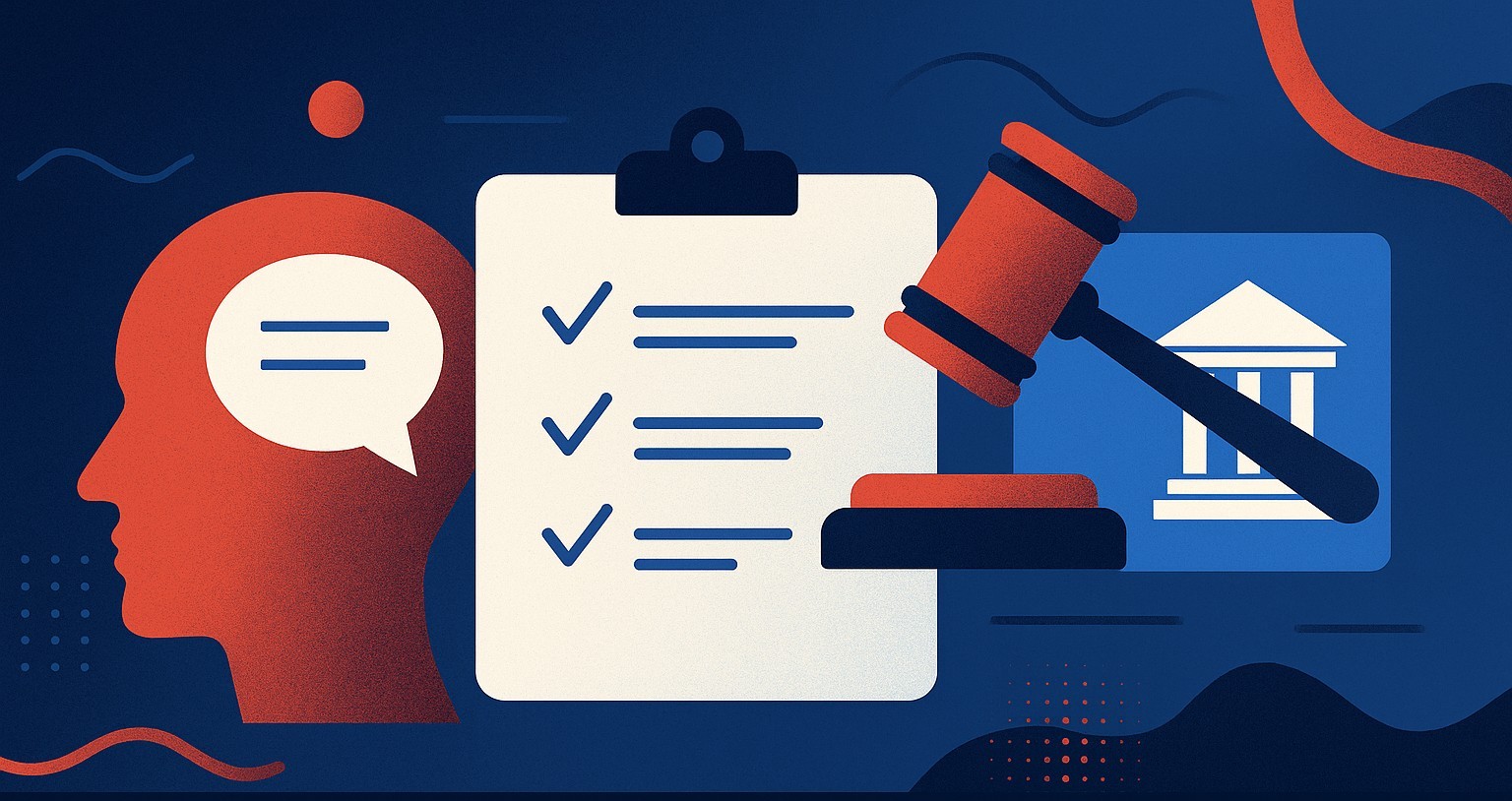Using Moderated Calls for Regulatory or Policy Research

Introduction:
If your work involves navigating regulations or anticipating policy shifts, you already know that static documents and official statements only get you so far.
Yes, legislation lays out the rules. But how those rules are interpreted, enforced, and operationalized? That’s where it gets complicated and where many teams find themselves in a grey area.
Whether you're preparing for market entry, evaluating compliance risks, or shaping your public sector strategy, the most valuable insights often come from people who’ve worked on the inside: regulators, policy advisors, legal officers, or former government stakeholders.
At Nextyn, we help organizations access this layer of insight through one-on-one, moderated expert calls. These aren’t just informal chats they’re structured conversations designed to turn complexity into clarity.
The Limitations of Traditional Policy Research
Policy and regulatory research typically starts with reading laws, white papers, reports, press releases. It’s a good foundation. But thegaps become obvious pretty quickly:
- What's written doesn’t always reflect what’s enforced.
- Interpretation varies across agencies, countries, and even departments.
- The pace of policy change often outstrips the publishing cycle.
In high-stakes environments whether that’s digital payments in India, data protection in Europe, or sustainability mandates across Southeast Asia waiting for formal guidance isn't always practical.
That’s where speaking directly to experts becomes invaluable.
.png)
Why Moderated Expert Calls Make a Difference
The key word here is moderated. An open-ended conversation with an expert can be useful but a structured, goal-oriented discussion led by a skilled moderator delivers far more.
Here’s why moderated expert calls are so effective for regulatory research and policy insight:
1. You go beyond what’s published
An expert can explain how a policy actually works in practice not just what the law says. They’ll often highlight edge cases, common pitfalls, or where enforcement varies depending on political or institutional context.
2. You get interpretation, not just information
Well-run calls give you a clear read on what’s “black-and-white” vs. what’s open to interpretation. This is particularly useful in early-stage compliance planning, where precision matters.
3. You localize insight
In global or multi-market businesses, the same regulation can look completely different country to country. A good expert helps you see those nuances and how local teams are adapting.
4. You identify what’s coming next
Many experts especially those with policy or regulatory advisory backgrounds have a feel for what’s changing. They won’t predict the future, but they can tell you what’s being discussed in internal meetings, industry coalitions, or legislative drafts.
These kinds of takeaways are rarely captured in reports. But they often shape how smart teams position themselves ahead of the curve.
Structuring a Call That Yields Usable Insight
Not every conversation leads to clarity. That’s why structure matters and why moderation is essential.
At Nextyn, we help clients plan and execute regulatory-focused calls using a few proven steps:
A. Be clear on the objective
Before the call, define what you're trying to understand. Are you validating whether a product falls under a new regulation? Exploring how enforcement is trending? Preparing for a public-sector bid?
A clear goal helps keep the call on track and ensures you walk away with the insight you actually need.
B. Choose the right expert
Not all experts are equal. For compliance research or policy-focused work, we often recommend people like:
- Former government advisors or regulators
- In-house compliance officers from similar industries
- Legal consultants with regulatory experience in specific regions
What matters is that they’ve had hands-on exposure not just theory.
C. Let the moderator guide the conversation
When a topic is technical or politically sensitive, a skilled moderator helps ensure the expert feels comfortable while keeping the discussion purposeful. They’ll know when to go deeper, when to clarify, and when to reframe.
This is especially important when exploring evolving issues, like ESG regulation, data privacy, or digital taxation areas where nuance and tone matter just as much as content.
.png)
Where These Calls Add Real Value
Over the years, we’ve seen moderated expert calls deliver significant value in areas such as:
- Cross-border compliance: Understanding how a global framework like GDPR or FATCA is applied in local jurisdictions
- Public procurement: Clarifying bid processes, scoring methods, and legal obligations for public tenders
- Emerging regulation: Exploring what’s in draft, under consultation, or being quietly enforced
- Sector-specific policy: From edtech to energy, policies don’t just change how they’re applied can depend on who you are and where you operate
These aren’t just academic insights. They directly shape decisions like whether to launch, invest, expand, or hold.
The Nextyn Difference
At Nextyn, we don’t treat policy research as a check list exercise. We understand that these conversations often sit at the intersection of strategy, legal risk, and market timing.
We support clients by:
- Helping define the focus of the research
- Sourcing experts with verified policy, legal, or regulatory experience
- Structuring and moderating calls to stay aligned with your objective
- Delivering clean, decision-ready transcripts and summaries via Transcript IQ or custom formats
Our role is to make sure every call leads somewhere useful not just interesting.
Final Thoughts
In a world where policy can shift faster than formal guidance is published, the ability to speak directly with someone who’s lived it interpreted it, applied it, enforced it is a competitive advantage.
Moderated expert calls give teams access to the kind of nuanced, real-time understanding that static research can’t provide. But only when those conversations are well-designed, well-moderated, and aligned with a clear goal.
At Nextyn, we help organizations make better strategic decisions in regulated, uncertain, or politically sensitive environments by giving them access to the conversations that matter.






